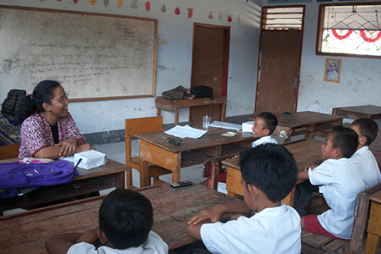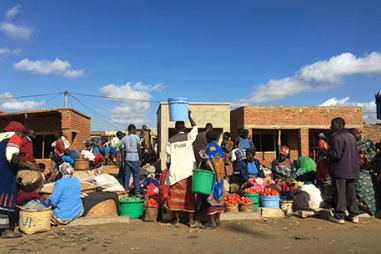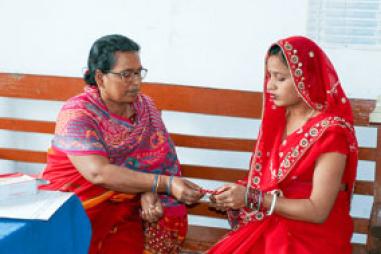Research and evidence
We specialise in the production and use of information and evidence to provide governments, donors, and other development partners context-specific insights that they need to improve the design, implementation, and assessment of policies, programmes, and services. We provide tailored evidence to support needs right across the policy cycle including:
- Monitoring, Evaluation, and Learning (MEL): we deliver a broad range of monitoring and evaluation approaches focussed on learning what works in policies and programming to reduce poverty and disadvantage.
- Data innovation: we use modern data science techniques to strengthen our MEL and Research offering, putting us at the forefront of the emergence of data innovation as a new ecosystem.
- Research & Research Management: we deploy our expertise in the strategic design, management, and evaluation of research programmes to support our partners achieve maximum value for money and impact from investments in research.
We work in close collaboration with our in-house sector teams, and deliver through our large and capable national and regional Research & Evidence teams, allowing us to bridge the gap between evidence and practice, offering sector-relevant, evidence-based advice to bring about lasting, positive change.
Selected publications
Our team leads
View all OPM staff



Paul Jasper is the Data Innovation Lead and works on designing, implementing, and managing quantitative impact assessments and data analytics projects

Featured






